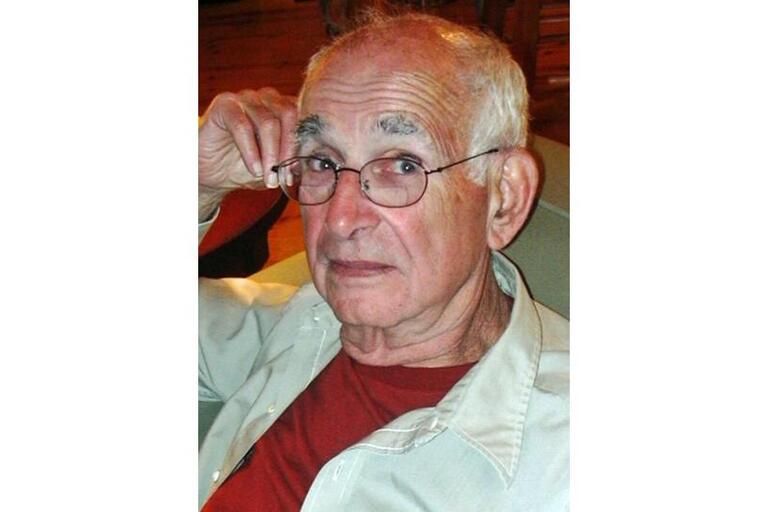In Memoriam
Seymour Chatman

Seymour was born on Aug. 30, 1928 in Detroit, Michigan, to William B. and Betty Davis Chatman. He attended Central High School. Seymour was part of a large extended family in the local Jewish community, though his immediate family was small. He lost his father while in his teens and his younger brother Michael while in his 20s.
Seymour attended Wayne State University in Detroit, earning his bachelor’s degree in 1948. In 1956, he earned a Ph.D. in English and Literature from the University of Michigan, Ann Arbor. Early in his career, Seymour worked on a State Department translation project at Cornell University and then became a professor on the faculty of the University of Pennsylvania. His academic career also included visiting positions at the University of Melbourne, Zurich University, and the University of Venice, among other institutions.
In the early 1960s, Seymour joined the University of California, Berkeley, where he was a professor in the Rhetoric Department until his retirement in 1993. Seymour helped to establish the field of Narratology, writing several books and journal articles on narrative theory and analyzing the narrative structure of films, novels, and poems. In his later career, he focused specifically on the films of auteur Michelangelo Antonioni.
Seymour participated in many conferences and symposia in his field, co-edited volumes of conference proceedings, and published a number of journal articles. He was a member of the International Society for the Study of Narrative and the Modern Language Association as well as the faculty Art Club at UC Berkeley.
Seymour’s books include:
▪ A Theory of Meter (1965)
▪ The Later Style of Henry James (1972)
▪ Story and Discourse: Narrative Structure in Fiction and Film (1978)
▪ Antonioni, or, The Surface of the World (1986)
▪ L’avventura: Michelangelo Antonioni (1989), edited with Guido Fink
▪ Coming to Terms: The Rhetoric of Narrative in Fiction and Film (1990)
▪ Reading Narrative Fiction (1993)
▪ Michelangelo Antonioni: The Complete Films (2004), with Paul Duncan
Professor Chatman received many awards and honors in his long career, including the Wayne C. Booth Lifetime Achievement Award from the Narrative Society, as well as Fulbright and Guggenheim fellowships.
Seymour traveled extensively for both work and pleasure, and lived for periods in Europe and Australia. His interests over the years included photography, ceramics, swimming, and tennis. He was an excellent and intuitive cook, and his Bouillabaisse was legendary. Seymour never stopped telling some of the old jokes he learned back in Detroit as a boy, and they were often embellished anew with each performance. Music was an integral part of his life, and he played classical piano and was a jazz aficionado.
For a wonderful overview of Seymour’s life and work, please read an interview with him by a former student in 2001.
— Thank you to Jennifer Chatman for this lovely biography! —
